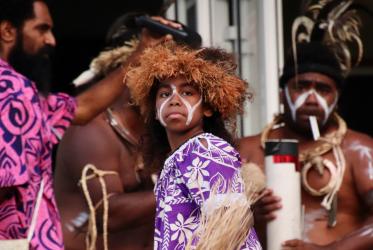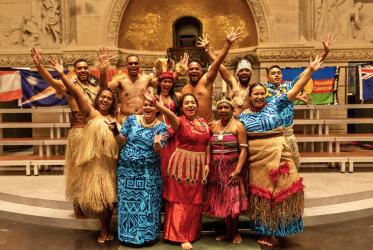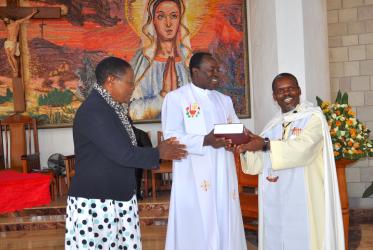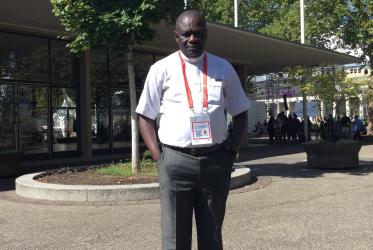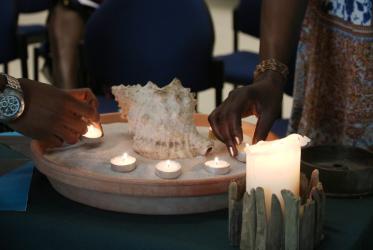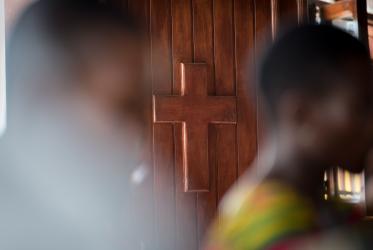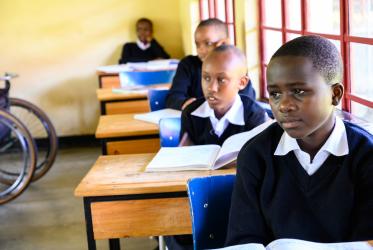Displaying 1 - 20 of 52
Pacific Conference of Churches prepares for 12th General Assembly
15 November 2023
WCC extends prayers for Tonga in wake of volcanic eruption
17 January 2022
In a COVID-stricken world, “everyone is important”
23 October 2020
Advancing a disability-inclusive response to COVID-19
21 April 2020
"Mission for God’s people” explored at seminar in Kenya
20 February 2020
The cry of the Papuans in Indonesia
14 November 2019
Mission and people with disabilities
26 June 2019

